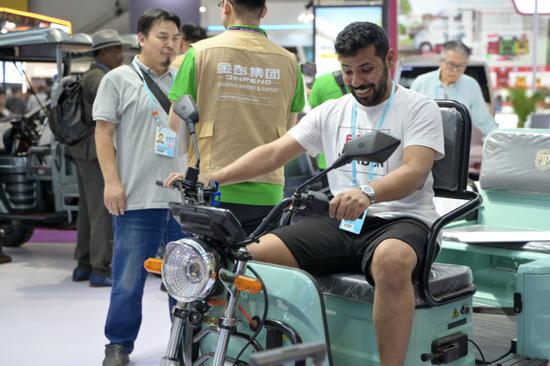
A buyer tries an electric tricycle at the Canton Fair in April in Guangzhou, Guangdong province. (CHEN JIMIN/CHINA NEWS SERVICE)
Exports boosted
Zhufeng, a leading manufacturer in Yanshi, was one of the first to begin exporting tricycles. They now export over 20,000 tricycles annually, with an export value exceeding $30 million, reaching more than 50 countries and regions.
Yang still remembers their first foreign deal.
In 2011, upon hearing about the thriving two-wheeler export business in coastal areas like Guangzhou in Guangdong province, the company took its tricycles to the Canton Fair to try and enter the overseas market.
At the fair, there were only one or two three-wheeler manufacturers, but being an exclusive supplier helped them secure foreign buyers, Yang said.
The first order was shipped to Angola in Africa. It took two days to load the container because workers didn't know how to pack it.
Zhufeng then began organizing regular trips for foreign trade staff to coastal provinces like Jiangsu, Zhejiang, and Guangdong to broaden their horizons and ideas.
Li Pengfei, director of the management center at Zhufeng, said that the first stop for many African customers in China is Guangzhou. In terms of foreign trade, Yanshi is at a disadvantage being in the central plains.
"To attract more buyers to the inland factory, we subsidize travel and accommodation," he said.
The primary export destinations for Yanshi tricycles are developing countries where tricycles play a crucial role in the transportation of crops and passengers, and the operation of stalls. Li compares their use to "China 20 years ago".
Luoyang's first tricycle, arguably also China's first, was made 32 years ago. Zhang Guangdu, who then worked in Yanshi, headed the manufacturing of the innovative three-wheelers.
"During the wave of layoffs in the 1990s, my father noticed people making money by pulling pedal tricycles. This inspired him to buy a two-wheel motorcycle and modify it," said Zhang Jianwei, Zhang's son and now owner of Dahe Motorcycle.
Zhang senior cut off the rear wheel and installed a cargo box with two wheels, creating a motorized tricycle. "My father's innovation inspired many, leading to the establishment of numerous factories," Zhang Jianwei said.
Guo Qiuxiang, a standing committee member of the Yanshi District Party Committee, described the early market as a "blue ocean".
People thrived through hard work with three-wheelers, marking the start of the industry's growth in Yanshi, she said.
Within a 500-kilometer radius of Yanshi lies a mainly agricultural area covering seven provinces and with a population of 460 million. This mostly flat or gentle hill terrain generated large markets for the tricycles.
"When China joined the World Trade Organization in 2001, Yanshi's three-wheeler industry saw no direct change," Guo said. "The domestic market was vast enough that we weren't ready to expand overseas."
The peak for Yanshi's tricycles was in 2014 and 2015, with annual domestic sales reaching 1.1 million units.
However, in recent years tricycle demand has dropped due to market saturation and policies urging equipment upgrades. In 2023, domestic sales in Yanshi fell to 400,000, about a third of what it was a decade ago.








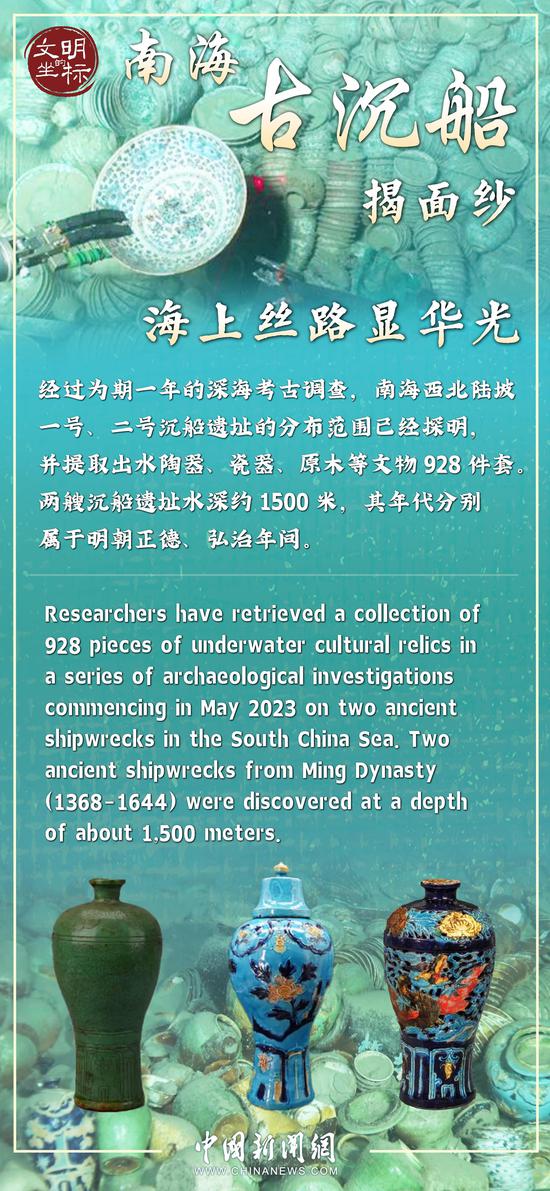
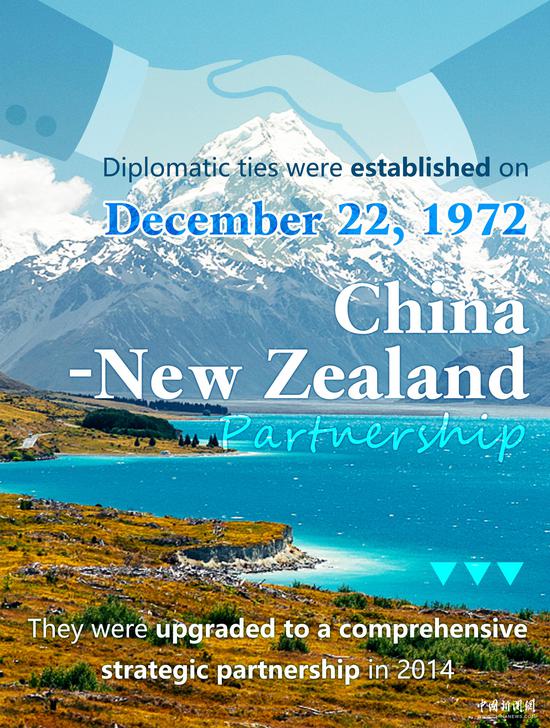


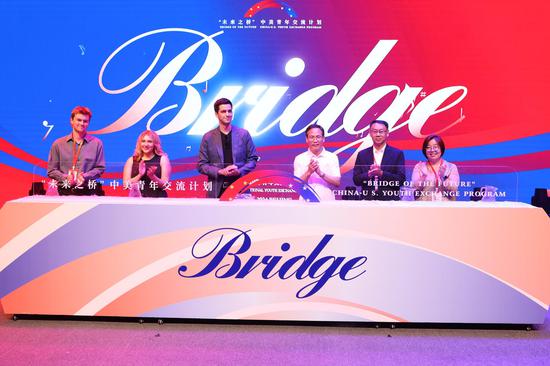


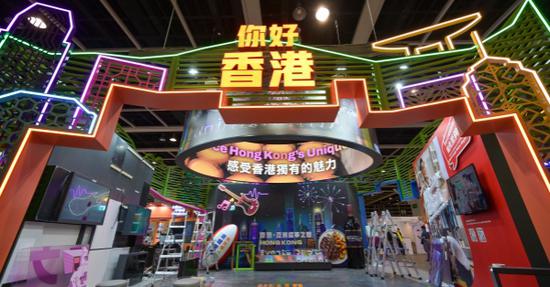

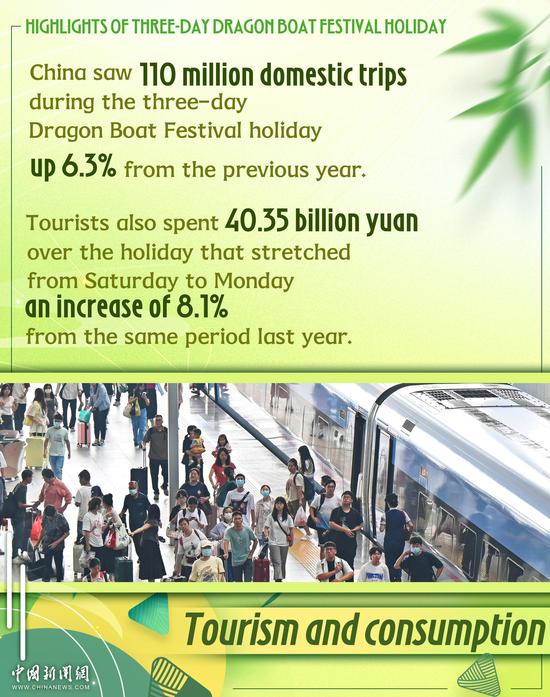

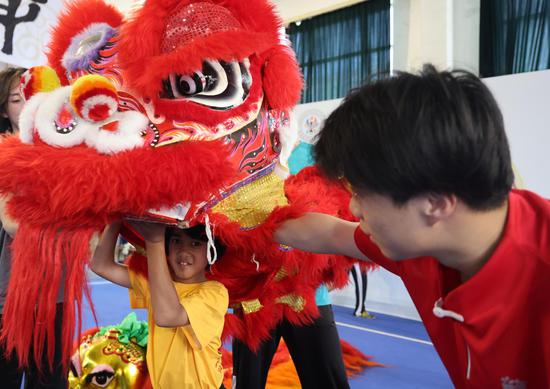

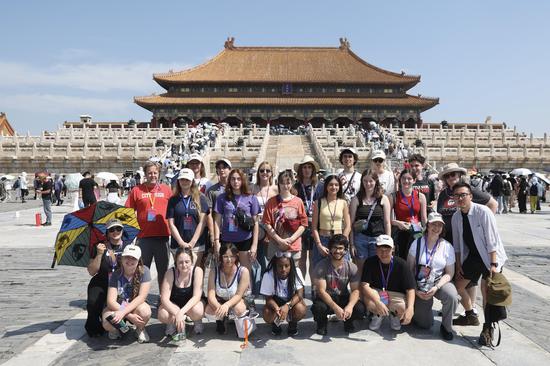
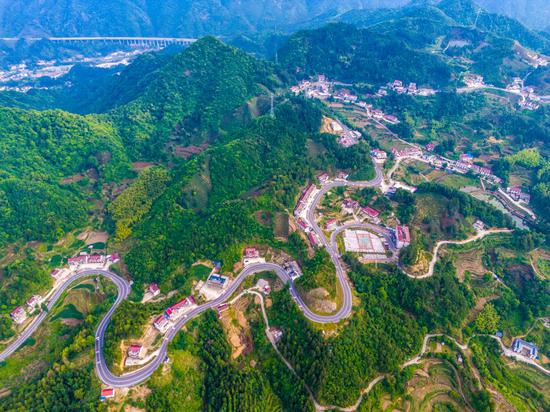


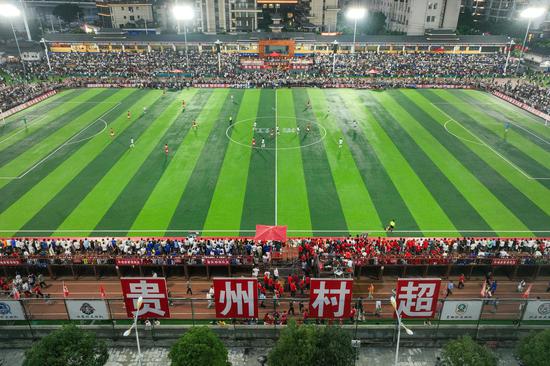
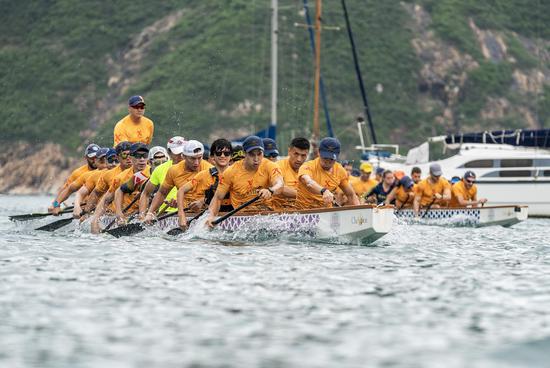

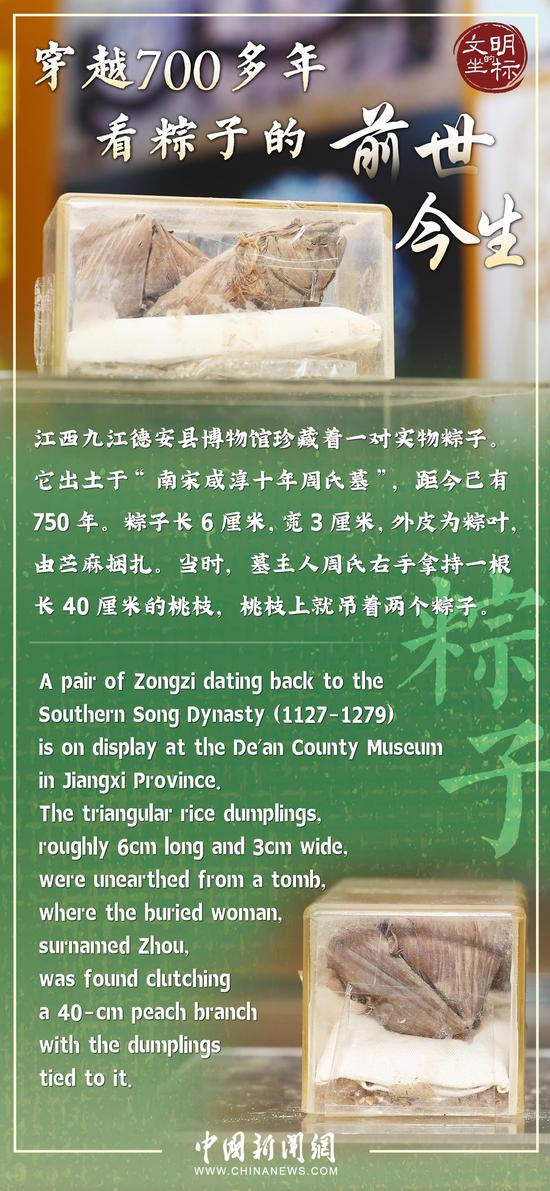

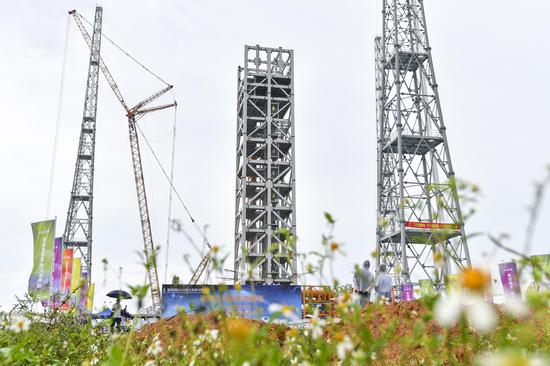


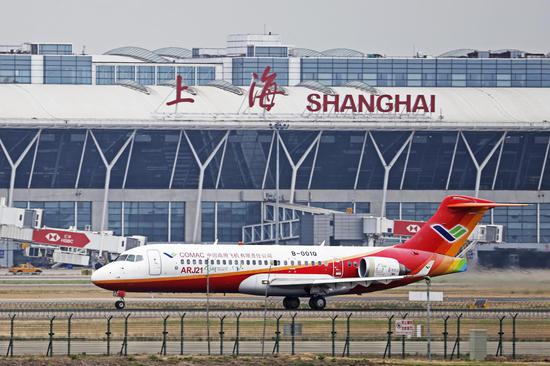
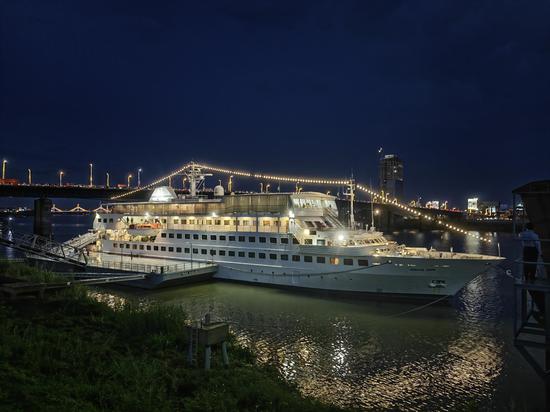

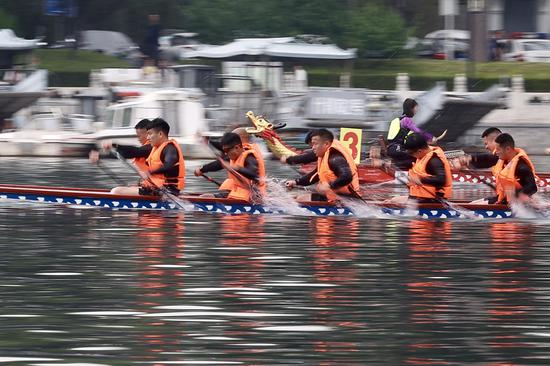
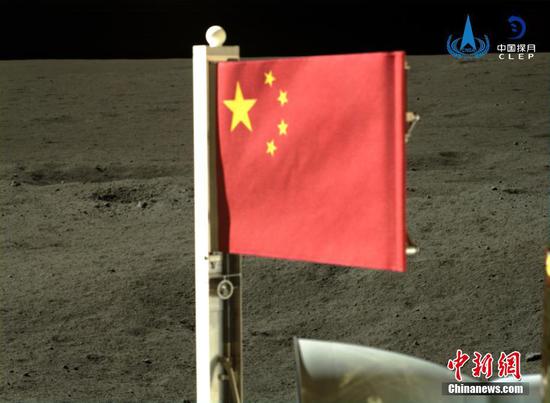
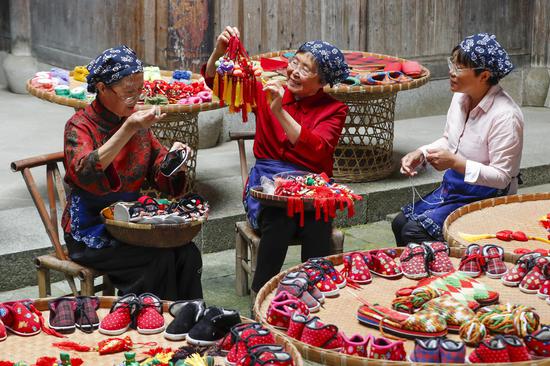


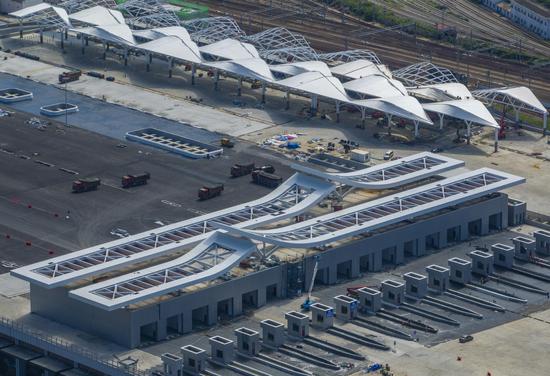
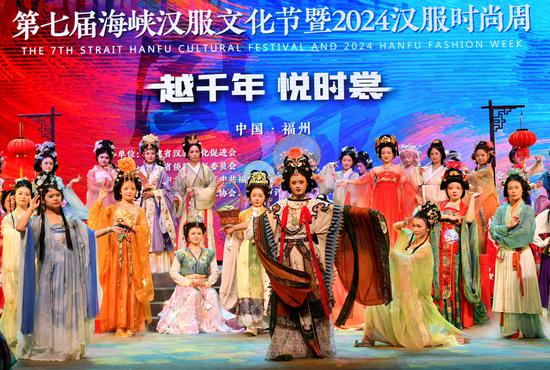

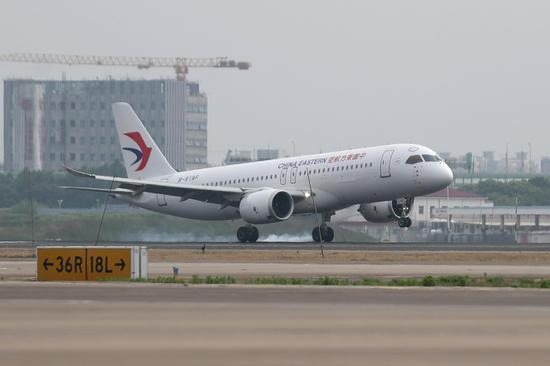





 京公网安备 11010202009201号
京公网安备 11010202009201号